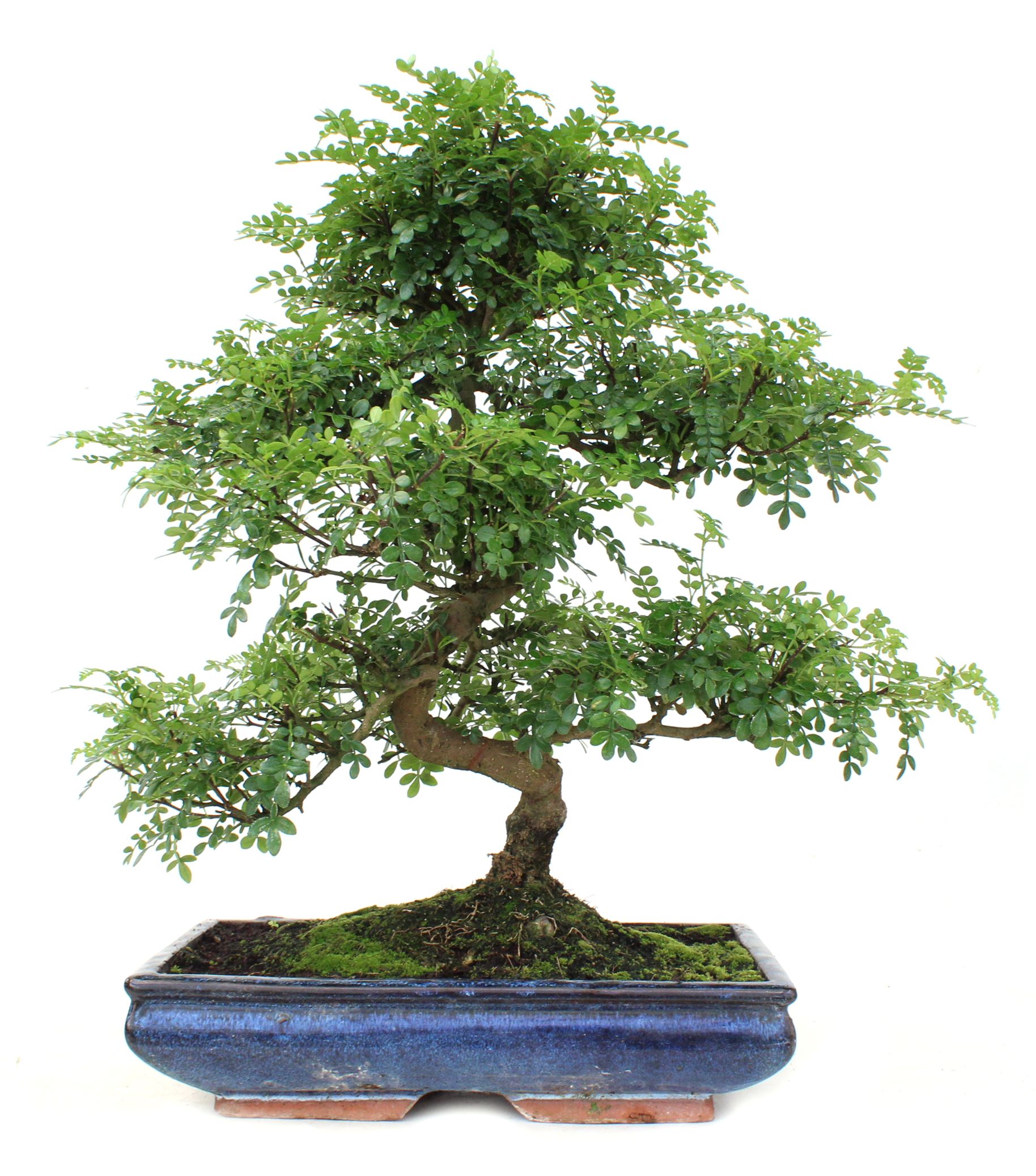Characteristics
It is an evergreen tree and has small complex leaves. The back of the leaves are darker in colour than the front. Flowers have 4 or 5 petals and easy fructification.
Location
It is considered an indoor tree due to its tropical origin and it can live indoors all year round. If this is the case it will keep its leaves during the winter, losing them, if kept outdoors, during the winter month. Leaves will sprout again in spring. It is considered a very resilient species.
Watering
Moderate but do not let the compost dry out.
Fertilization
Spring and autumn. It is best not to feed in summer, as it could cause excessive leaf growth.
Re-potting
Every 2 or 3 years at the end of winter.
Substrate
Terrabonsai 100% or mixed with 30% of Akadama clay. Type of soil is flexible in this species.
Pruning and pinching
Pruning
Structural pruning can be carried out in winter, as it is easier in a tree without leaves.
Pinching
Once the leaves are fully grown cut a few back to reduce the volume of the tree top.
Wiring
From spring to summer.
Curiosities
In this species there are male trees (with stamen in its flowers) and female trees (with pistil). Flowers will be different in both plants. To grow fruits you will need to have at least 1 male plant and 1 female plant.

